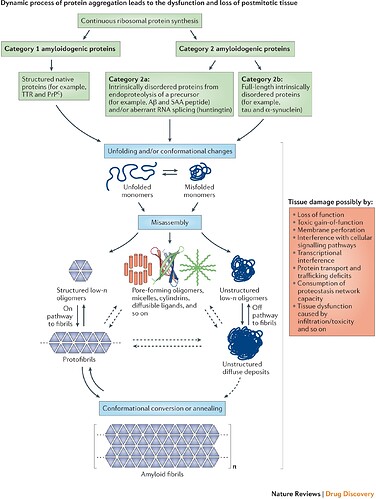Has finasteride caused an adaptation and phenotypic change by mutating the 5alpha reductase gene? The stress on the cells would be enough to alter it and could explain the massive gene dysregulation that may just be a result of an upstream mutation and downstream effect being massive epigenetic changes.
“Organisms are often exposed to stressful environments. To cope, they have evolved responses based on the duration of the stress. For example, bacteria that are exposed to increased temperatures display a transient heat shock response, which involves upregulation of genes encoding heat stress proteins (Richter et al. 2010), followed by a period of phenotypic acclimation (Gunasekera et al. 2008).”
If the environmental stress is sustained over a long period of time, individuals may eventually accumulate mutations that result in long-term adaptation of the population.
One possible mechanism for adaptation to stressful conditions is genetic change that produces novel traits or new physiological functions.
“A significant finding of our study is that single mutations in RNAP led to either the direct or indirect alteration of GE for thousands of genes—most of which were differentially expressed during acclimation to 42 °C—and conferred large fitness advantages.“

